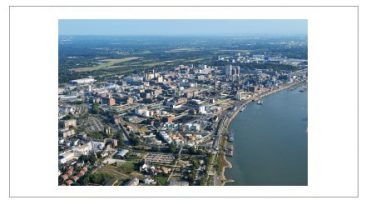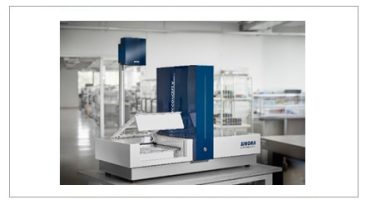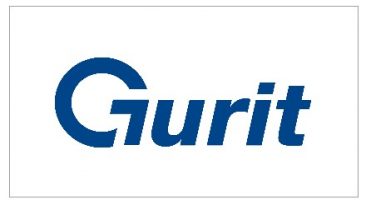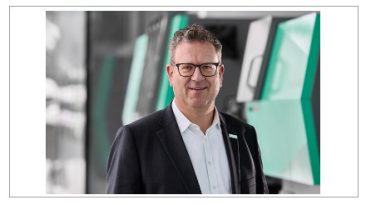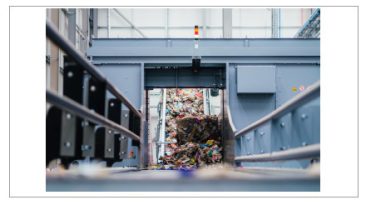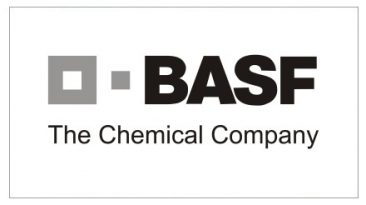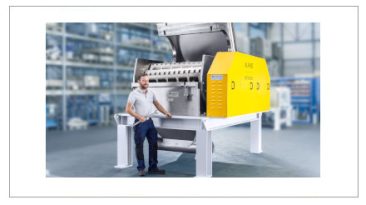- Exhibit of innovative automotive and transportation solutions largely focuses on support of the industry’s shift to efficient electric vehicles through new BLUEHERO™ initiative
- Multi-award winning Lucid Air electric vehicle and use of SABIC thermoplastics on notable applications among the prominent highlights of SABIC’s stand
- Additional applications on display demonstrate SABIC’s support to meet growing demand for more sustainable and circular approaches, increased functionality, enhanced aesthetics and vehicle differentiation
SABIC, a global leader in the chemical industry, is showcasing at K 2022 a wide range of exhibits and applications based on its thermoplastic materials and solutions covering the automotive and larger transportation sector, which can support carbon emissions reduction, vehicle efficiency and performance enhancements and the creation of vehicles that meet the needs of today and tomorrow.
Headlining this dedicated space within the company’s stand at K 2022 is its BLUEHERO™ initiative, an expanding ecosystem of materials, solutions and expertise that aims to help accelerate the world’s shift to electric power and a lower carbon future. The initiative’s initial focus is on potential polymer solutions for battery pack components and systems of electric vehicles (EVs). Beyond electrification, additional solutions on display demonstrate SABIC’s commitment to meet growing demand for more sustainable and circular approaches, increased functionality, enhanced aesthetics and vehicle differentiation.
Electrifying Showcase of Lucid Air
A standout element of SABIC’s booth is the Lucid Air, the 2022 MotorTrend Car of the Year from Lucid Motors. Recognized as the world’s longest-range and fastest-charging luxury production electric vehicles, the Lucid Air uses thermoplastics from SABIC in more than 25 applications, from structural, EV battery and electrical components to exterior and interior parts. For a few notable applications, SABIC also provided predictive engineering support – to help minimize and eliminate part warpage, support ease of manufacturing and enhance final part performance.
One such application, on display at SABIC’s stand, is a Lucid in-house designed, patented and prized battery module housing from the Lucid Air’s battery pack. The part design itself is unique in that it integrates the electrical conductor directly into the housing in a one-shot molding process. This approach eliminates the need for adhesives, cutting production time and improving quality and consistency. Use of SABIC’s flame retardant (FR) LEXAN™ resin, a polycarbonate (PC) material, meets the high stiffness requirements for the housing component, while providing a lightweight solution that can potentially contribute to improvements in specific energy or energy density. The LEXAN material, a 20% glass fiber filled injection moldable grade (non-chlorinated/non-brominated FR, UL94 V0 at 1.5 mm), provides thermal and dimensional stability in addition to high impact strength and ductility. Use of metal for the same part would add significant weight, limit design freedom and introduce significant processing challenges.
EV Battery Materials, Solutions & Expertise
Additional content and solutions developed under SABIC’s BLUEHERO electrification initiative and on display include:
- A virtual flame test lab that allows visitors to execute a simulated flame test on material samples of aluminum and STAMAX™ FR resin, highlighting the intumescent character of this long glass fiber polypropylene (LGF-PP) material and its potential effectiveness as a thermal and fire barrier.
- A SABIC Battery Explorer installation, providing a virtual dive into a battery pack design using the latest thermoplastic technologies. Visitors can take the battery pack model apart, reassemble it and zoom in to see its specific design features.
- Honda’s Silver Edison Award winning EV battery pack cover for its CR-V model in China made with SABIC® FR polypropylene compound (PPc). Use of this short glass fiber (SGF) material for this application enables compliance with that country’s stringent EV fire safety requirements, while eliminating the need for thermal blankets to help reduce complexity and cut part weight by 40% vs a similar design in metal.
- An all-plastic prototype EV battery tray structure with integrated cooling channels and crash protection elements, for up to 12% weight savings compared to one in an existing aluminum EV battery pack.
Supporting the Changing Front and Back of the Vehicle
With the emergence of grille-less designs for EVs and the demand for unique styling and functionality for both the front and back of the vehicle, manufacturers are looking for materials that can meet critical requirements. To help manufacturers understand what can be possible with its thermoplastics, SABIC is offering a ‘Smart Panels’ solution station, which presents concepts for both front and rear panels and highlights critical considerations for the choice of materials.
As part of the station, SABIC is spotlighting two display samples. This includes one of the industry’s first and largest high-volume illuminated front panels on a production vehicle today. The part, manufactured through an injection-compression molding process with clear LEXAN LS resin for the first shot and a black CYCOLOY™ resin (PC/ABS) for the second shot, features integrated lighting and decorative elements for distinctive functionality and striking aesthetics. A second sample is an integrated rear panel produced through an in-mold decoration (IMD) process. In each case, LEXAN resin provides greater design freedom for distinctive styling and aesthetics, the transparency, impact toughness, UV resistance and high heat and color stability to deliver the required performance for these applications.
Helping Enable Circularity with Mechanically-Recycled Options
On display is the prototype of a full structural tailgate carrier, produced using mechanically recycled STAMAX resin – available under SABIC’s TRUCIRCLE™ portfolio of circular solutions. This part represents a new set of LGF-PP grades with recycled material, which can offer similar performance to that of their virgin resin equivalents. These three new grades – STAMAX T2E-40YR240 and T2E-30YR240 (high stiffness) and T5E-40YR270E resins (high impact) – are among the first of many mechanically-recycled materials from SABIC for potential use to meet requirements for a range of exterior, structural and interior parts, while supporting the demand for more sustainable materials to help reduce CO2 footprint and enable circularity.
Light and Strong Structures
One value of plastics are their high strength to weight ratio. An example on display is Lucid Air’s front-end module. This part meets weight and strength requirements through a single-shot injection molding process with STAMAX resin from SABIC with organic sheets. The latter are pre-cut and inserted into a mold, shaped and combined with several additional inserts, which are then over-molded together to form a lightweight composite hybrid with a high level of rigidity. With this injection molding process, a high level of functional integration is possible, resulting in less assembly work and, in turn, lower costs.
Foam & Lightweight Solutions
Various lightweight foam solutions are on display at SABIC’s booth. These include an inner tailgate panel made with new SABIC® PPc materials well-suited for foam injection molding (FIM), which can deliver low weight and, unlike standard FIM materials, exceptional aesthetics for vehicle interiors.
An additional sample is an all-PP sandwich panel made with SABIC PP-UMS (Ultra Melt Strength) resin for its outstanding foam-ability to support weight reduction, potential cost optimization and design for recyclability. Such solutions are in high demand today with transportation OEMs looking to remove weight from applications such as sidewalls, roof panels, floors and doors.
Vehicle Specialty Glazing
SABIC also features advanced LEXAN PC sheet material solutions and glazing technology for potential use across various vehicles. Examples on display include Honda motorcycle windscreens, which use LEXAN™ MARGARD™ FMR5XT sheet to achieve compliance with safety requirements and create an aerodynamic design to make the application user-friendly. This sheet material delivers excellent transparency and high optical quality for curved parts, extremely high impact strength, and outstanding abrasion resistance, among other beneficial properties. Also on display: a windshield and upper windshield from ISOCLIMA S.p.A. for Leonardo Helicopters AW169 helicopter model with high optical quality LEXAN ULG1003 sheet. ISOCLIMA and Leonardo Helicopters chose this particular sheet product from SABIC for this exclusive helicopter window because of the material’s transparency, low weight, UV resistance and extremely high impact strength.
Aircraft & Railway Interiors
In this category, SABIC is also highlighting new lightweight thermoplastic LEXAN sheet materials well suited for a wide range of railway interior applications, as well as aviation-specific interior solutions – which can meet requirements for durability, aesthetics and compliance with relevant industry standards.
In addition to weight savings, these LEXAN sheet materials can provide significant freedom of design for cost-effective part integration and consolidation, outstanding surface quality and sustainability advantages (e.g., eliminating painting and/or coating, facilitating end-of-life recycling).
Visit SABIC during K 2022 from October 19 to 26 in Düsseldorf, Germany, in Hall 6, Booth D42 to learn more about these and other potential automotive and transportation solutions. Speak with the company’s experts about how SABIC’s expanding set of materials and expertise in automotive and transportation can help manufacturers rethink and push the boundaries of design in these segments.




